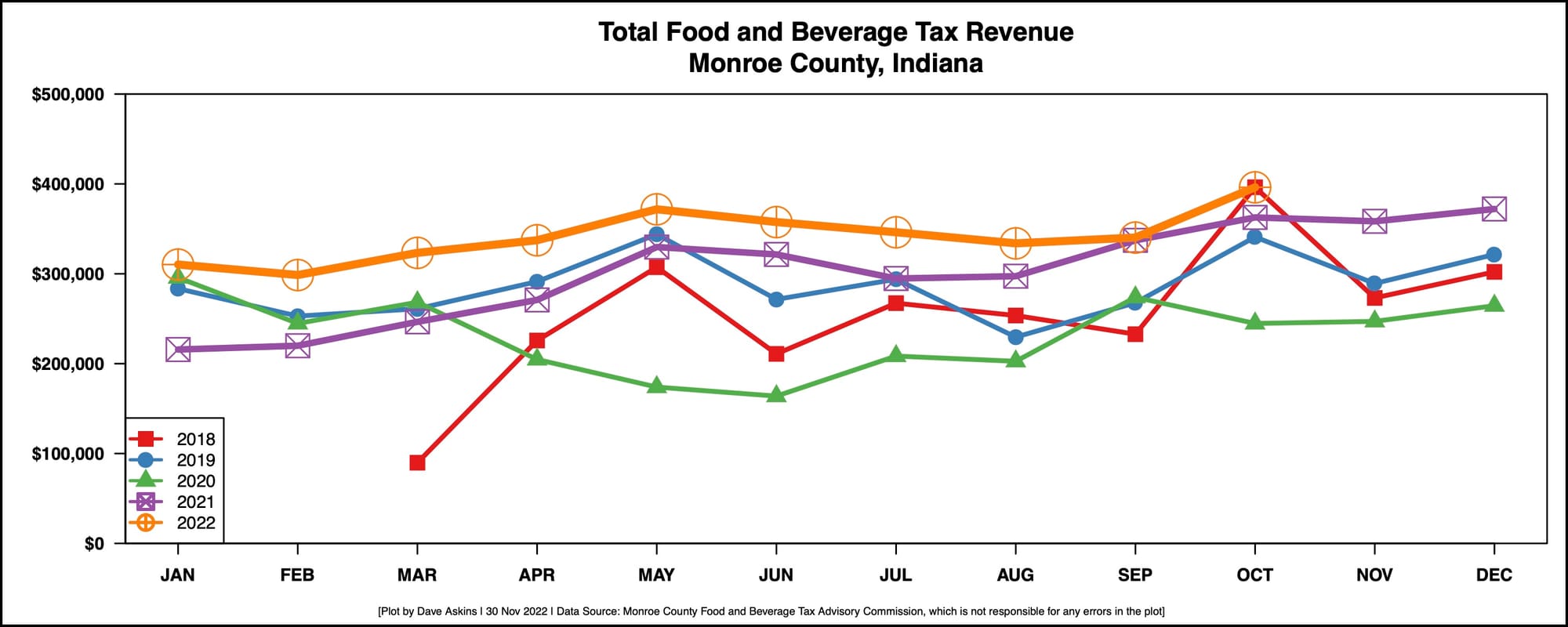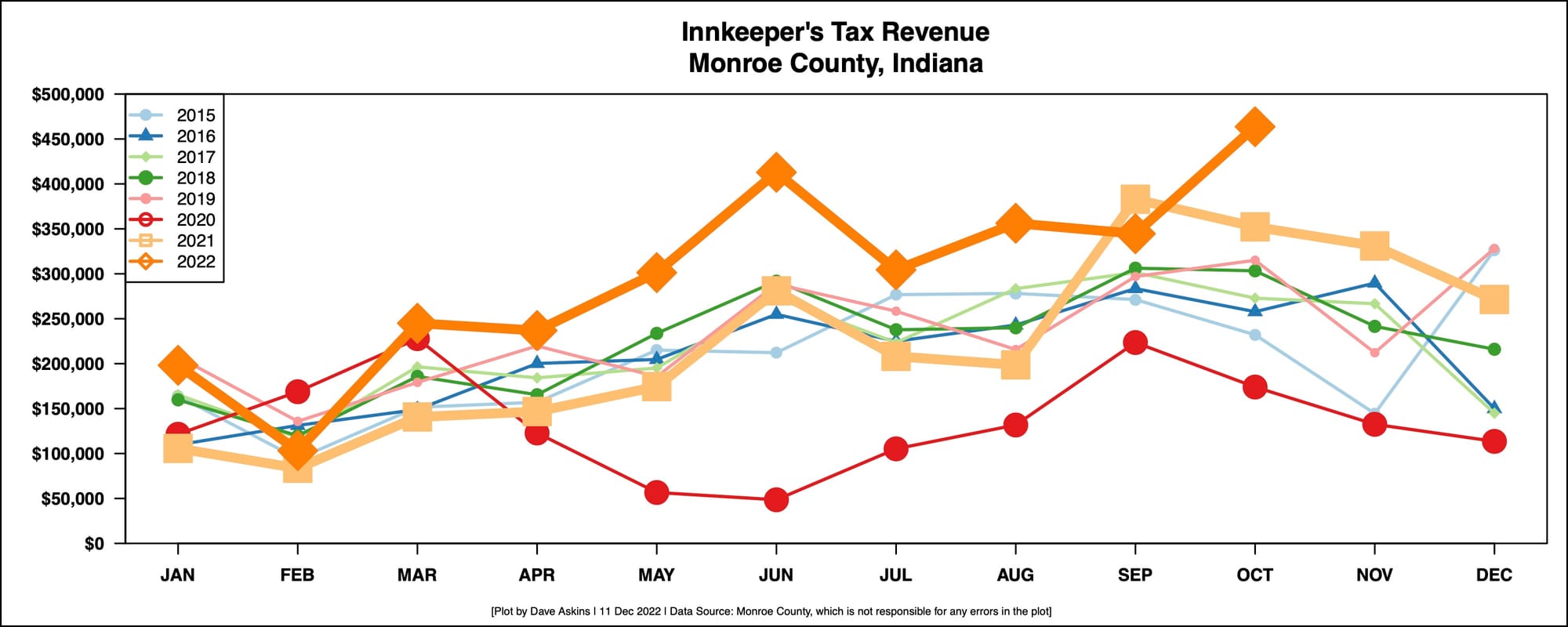Bloomington’s city council to consider backing CIB model for convention center expansion




At its Wednesday meeting, Bloomington’s city council will consider a resolution of support for a capital improvement board (CIB) as the governance structure for an expansion of the Monroe Convention Center.
The existing convention center is located at the corner of College Avenue and 3rd Street.
The council’s resolution is a response to an ordinance approved by Monroe County commissioners a month ago, on Nov. 9, which establishes a CIB for the convention center expansion, but makes its enactment conditional.
In the ordinance passed by county commissioners, the establishment of a CIB for governance of a convention center expansion is contingent on the “city of Bloomington mayor and common council’s agreement with the terms of this ordinance.”
If by Jan. 1, 2023, the mayor and the city council don’t send the county commissioners an indication that they agree with the terms of the county ordinance, the ordinance is void.
The backdrop to the city council’s consideration of CIB resolution is Bloomington mayor John Hamilton’s strong preference not to use a CIB, but rather a nonprofit, specifically a 501(c)(3), to have jurisdiction over a convention center expansion. It’s an approach that would give the city more control.
In August of this year, Hamilton announced that he wanted the city to handle the convention center expansion on its own, without the kind of ongoing collaboration that had been previously envisioned by
Also a part of the backdrop for the city-county back-and-forth over the convention center expansion is a sense of urgency, because of the possible sunsetting of food and beverage taxes in Indiana, as part of the General Assembly’s legislative agenda during its 2023 session.
Monroe County’s 1-percent food and beverage tax was enacted by the county council in 2017, specifically in order to fund a convention center expansion.
If city councilmembers express support for a CIB by enacting this Wednesday’s resolution, they will join the county commissioners and the county council in their support of that kind of governance structure.
The city of Bloomington’s response to the county ordinance was a Nov. 23, 2022 memo that listed several requirements that Bloomington would want to see memorialized in an interlocal agreement, if the CIB were to be used as a governance model.
A CIB is a seven-member group that can be established as a public body under state law, which makes it subject to Indiana’s laws on public meetings and access to records.
The question of governance was the stumbling block hit by city and county leaders on their convention center collaboration, even before the COVID-19 pandemic hit, in March 2020.
Three years ago, on Dec. 4, 2019, then-president of the Monroe County council, Eric Spoonmore, addressed the city council on the topic of a CIB versus a 501(c)(3):
I do think we have a really exciting opportunity here available to us right now to be able to move forward with the CIB. It’s a proven model that exists in the state of Indiana. We’ve seen several other communities in the state that have utilized a CIB and have been very successful. For example, the Fort Wayne Grand Wayne Center is a thriving convention center that utilizes the CIB. Indianapolis utilizes a CIB. Terre Haute also utilizes the CIB. I’m not real certain of what communities are utilizing 501(3)(c)s, but that seems to be a little bit more of a theoretical type of arrangement to me. And I haven’t seen a whole lot of research to show that it’s been a successful proven model in the state of Indiana. So I think we can get moving immediately on this. The commissioners have introduced the CIB at their meeting today and we can take action on it quickly. To me this is absolutely the quickest way from point A to point B.
Spoonmore’s three-year-old remarks would be hard to distinguish from what he might say today, even after resigning his seat as county councilor to take over as CEO of the Greater Bloomington Chamber of Commerce.
For the last several months in his role as head of the chamber, Spoonmore has played the role of a kind of shuttle diplomat between the city and the county, and has been neutral on the question of CIB versus a private nonprofit.
When The B Square spoke with Spoonmore two weeks ago, in late November, the chamber’s formal position was still neutral on the governance structure of a convention center expansion. Spoonmore told The B Square: “Whether it’s a CIB or a 501(c)(3), I think the chamber trusts the elected leaders to be able to…determine the best option for the public good.”
Late last week, the chamber took a side—in favor of a CIB. The news release from the Greater Bloomington Chamber of Commerce quoted Spoonmore saying, “The chamber closely examined the various governance proposals submitted by city and county leaders, and we agree that the community’s interest is best served by a CIB that will oversee the expansion and related construction activities of the convention center.”
Spoonmore’s former colleagues on the county council also weighed in recently, in favor of a CIB as the governance structure for convention center expansion. The county council resolution of Nov. 29, 2022 reads in part: “The county council supports the efforts taken by the commissioners by the passage of Ordinance 2022-46…”
In the city of Bloomington’s memo, among the requirements that Hamilton’s administration wants to see included in an interlocal agreement is an accord on how appointments to the five-member convention and visitors commission (CVC) are made. The mayor wants the city and county to split the four CVC appointments, other than the one that is prescribed by state statute to be a representative from the Indiana Memorial Union.
CVC appointments were a point of contention three years ago, because the state law prescribes how the CVC appointments are made—by the county council and the county commissioners. It’s not clear if those two governmental entities could use an interlocal agreement to delegate their statutory authority on making appointments to another entity like the city of Bloomington.
The CVC oversees revenues from the county’s innkeeper’s tax, which helps support the Monroe Convention Center.
Other requirements in the city administration’s memo seem like they are at least close to already being included in the county ordinance. About the site selection for the convention center expansion, the county ordinance says:
Section 4. The CIB shall select the site for the expansion of the Convention Center, choosing between the north and the east options outlined by the formerly-created Steering Committee created by a Memorandum of Understanding signed by the Mayor of Bloomington and the Commissioners, and the need for additional amenities including a parking garage.
The requirement set out by the city administration’s memo says:
8. Authorization by both City and County for the CIB to decide location(s) of expanded CC components, including Site Plan for exhibit/meeting space, any hotel(s), garage(s), and connections among components.
The resolution to be considered by Bloomington’s city council at its Wednesday (Dec. 14) asks the mayor to negotiate whatever interlocal agreements are necessary to pursue the CIB option.
The city council’s resolution includes just one “resolved” clause:
The common council supports the efforts taken by county officials to form a CIB and requests that the city administration continue to work with county officials to advance the convention center project through the use of a CIB, including negotiating any necessary interlocal agreements to resolve matters not addressed in county commissioners Ordinance 2022-46.
The city council’s Wednesday (Dec. 14) meeting starts at 6:30 p.m.
The resolution on a CIB as the governance mechanism for a convention center expansion is the first voting item on the agenda.




Comments ()